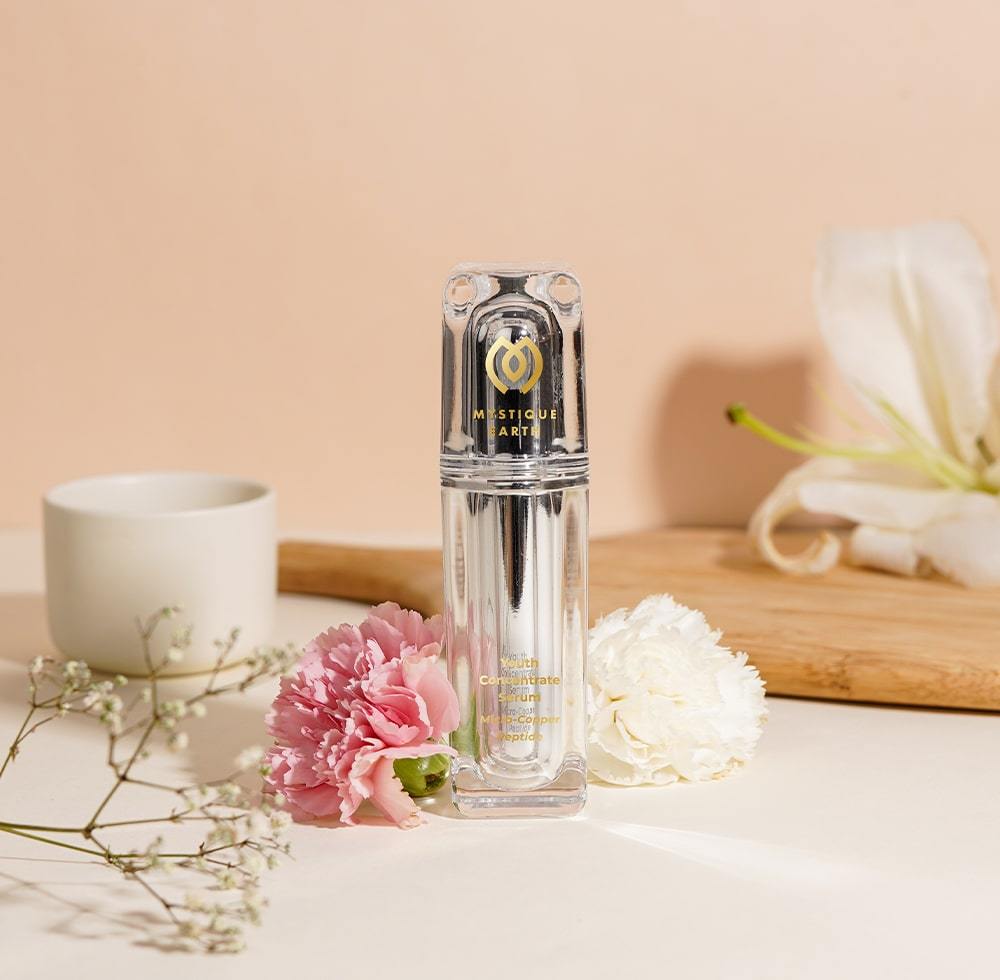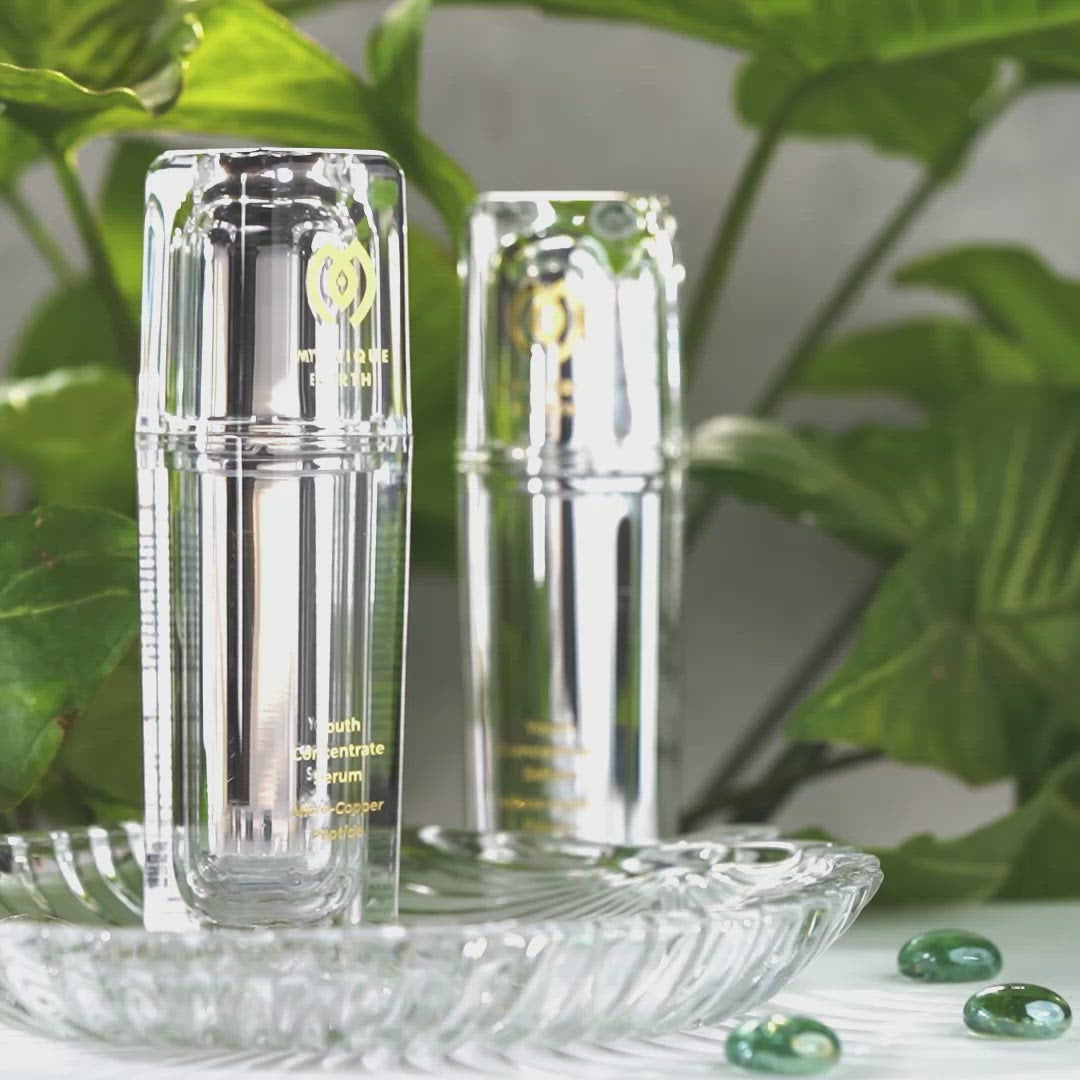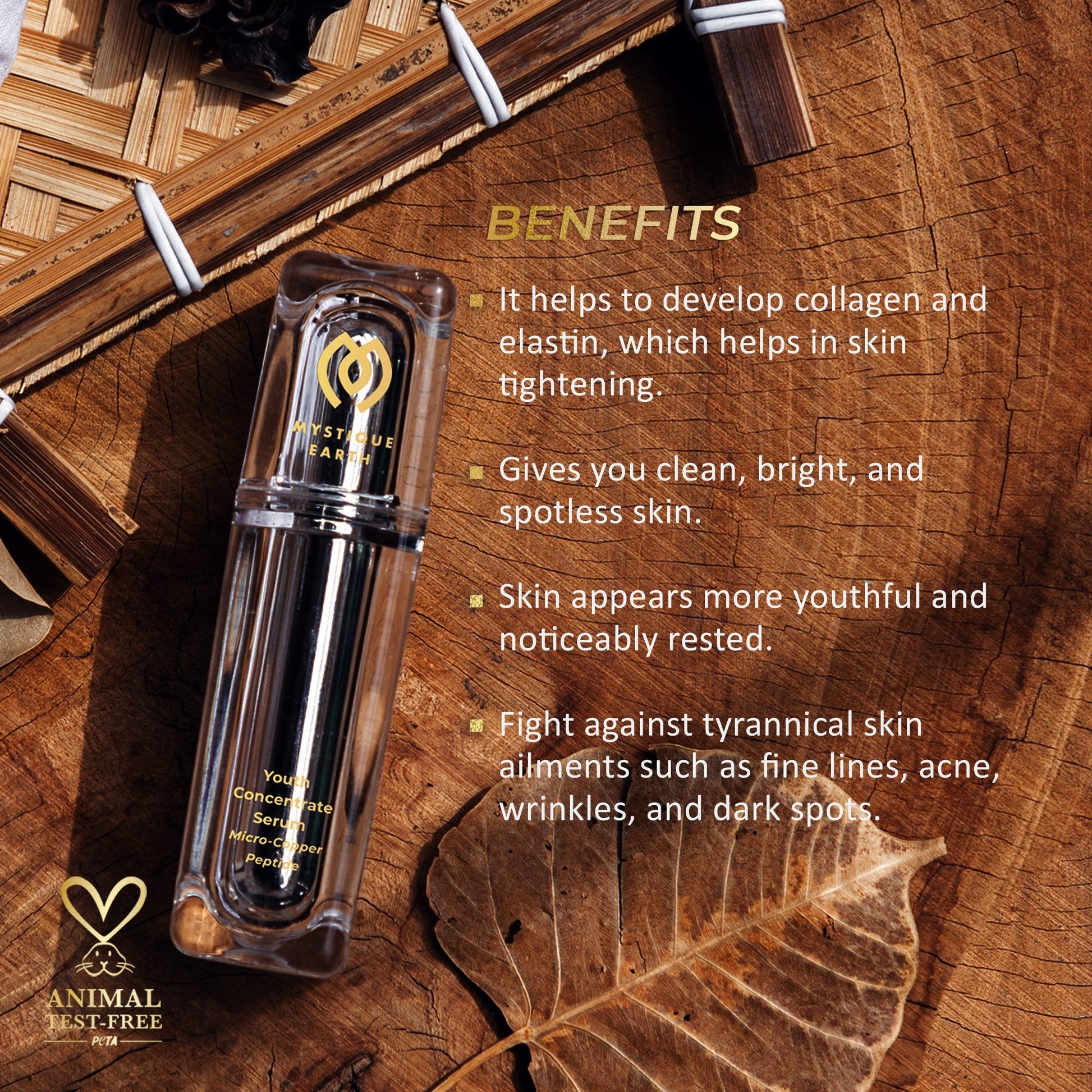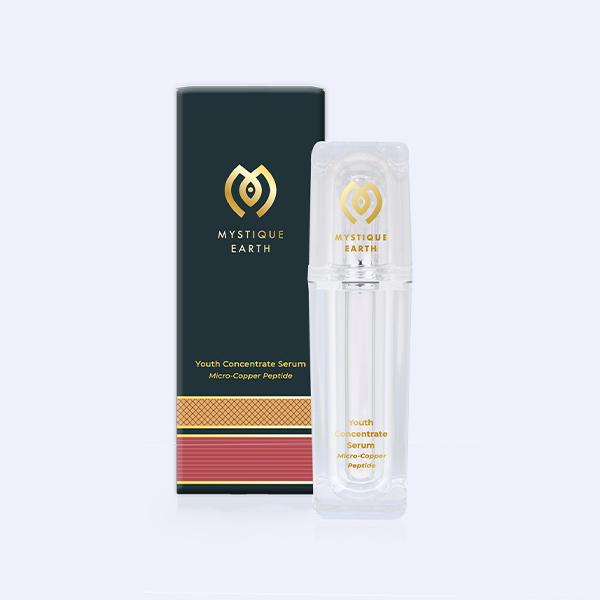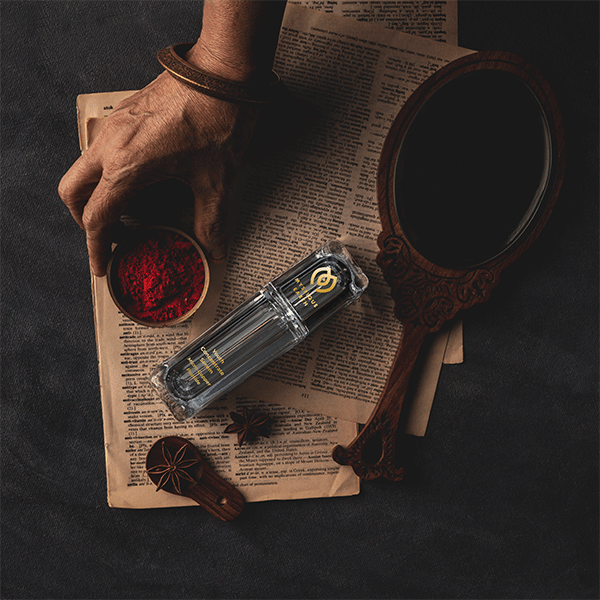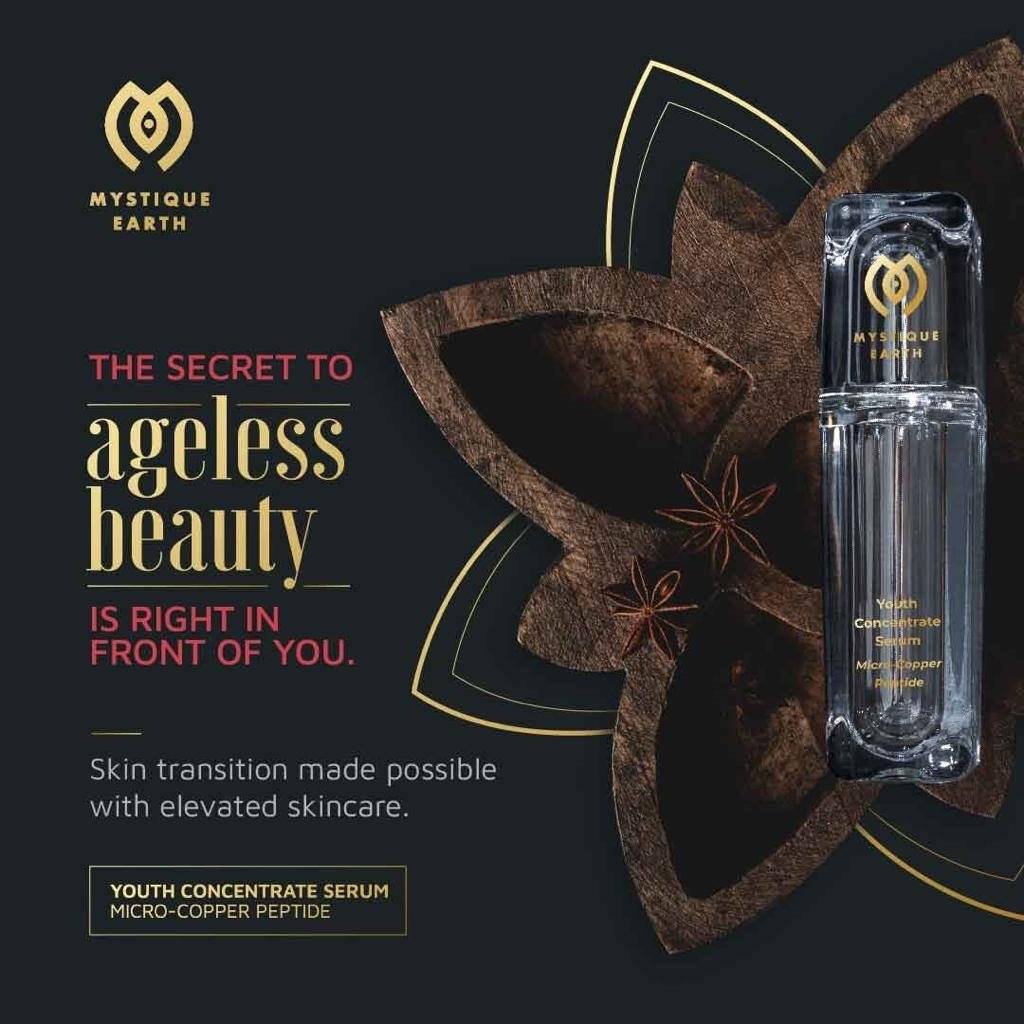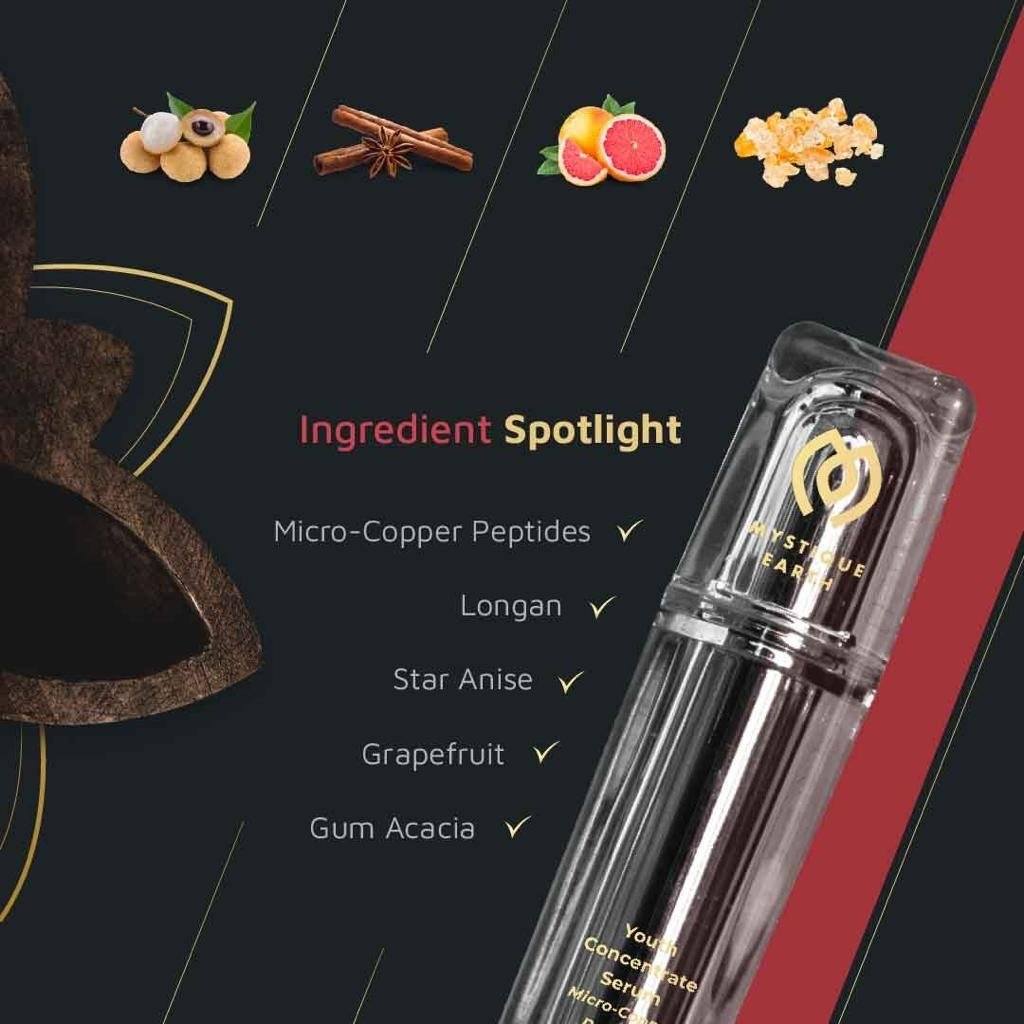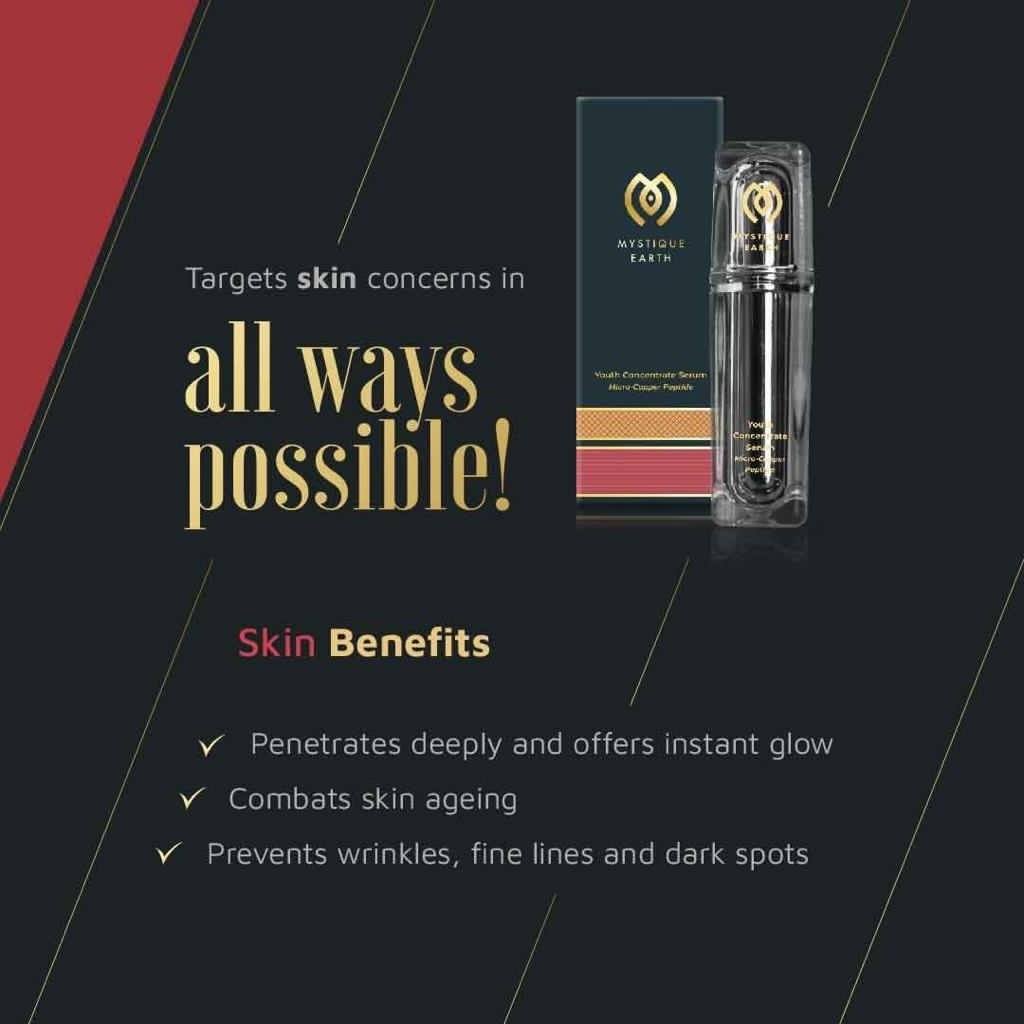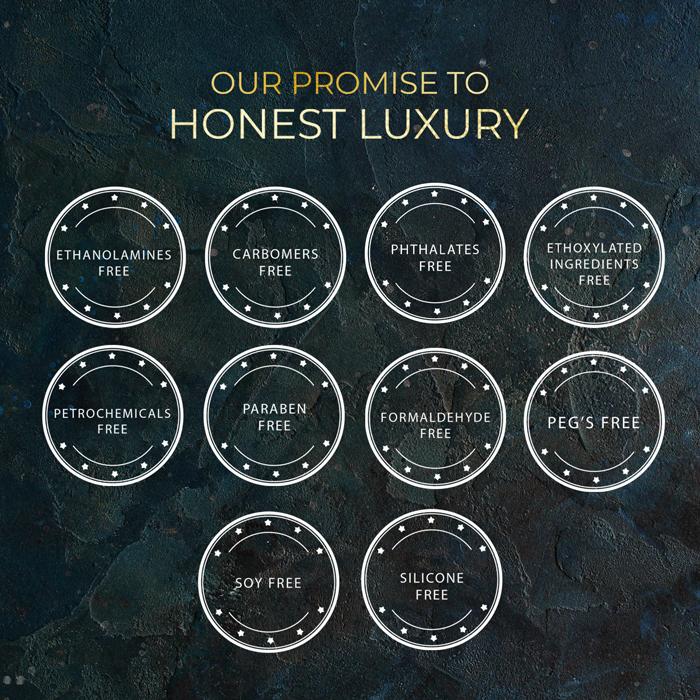YOUTH CONCENTRATE SERUM
YOUTH CONCENTRATE SERUM
Couldn't load pickup availability
Share
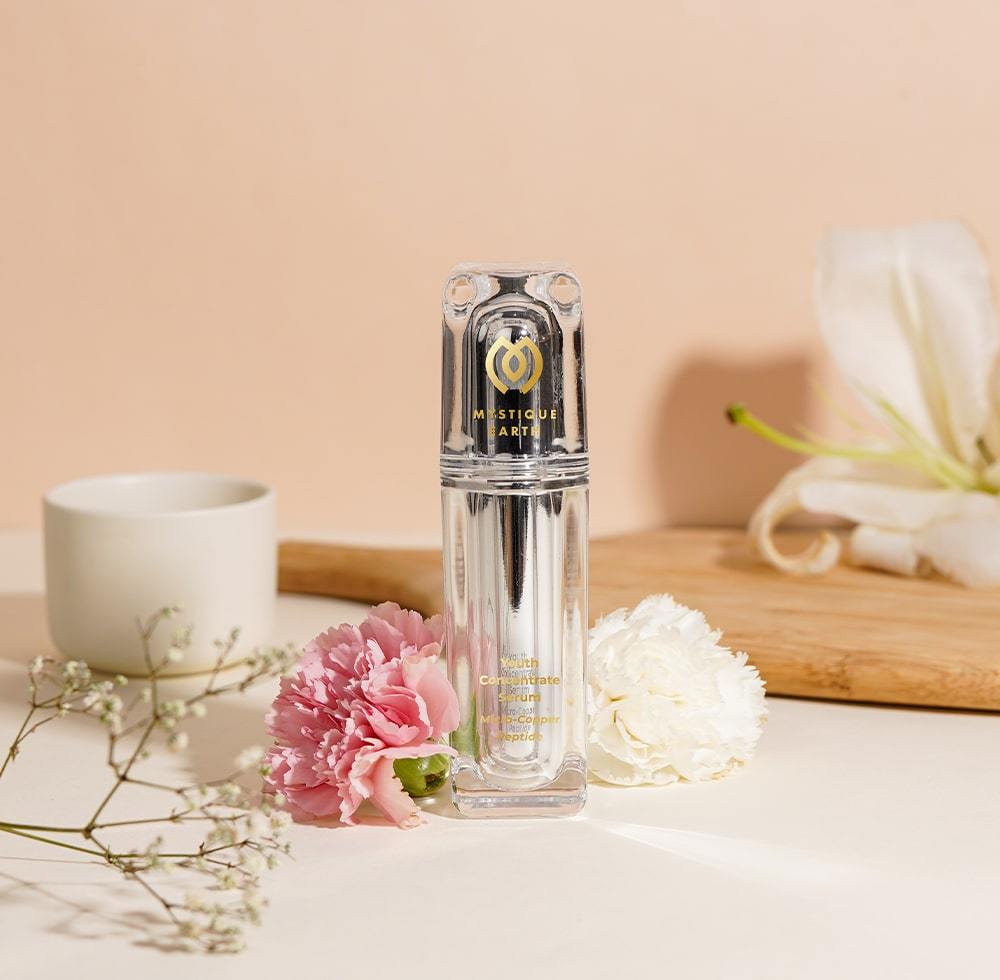
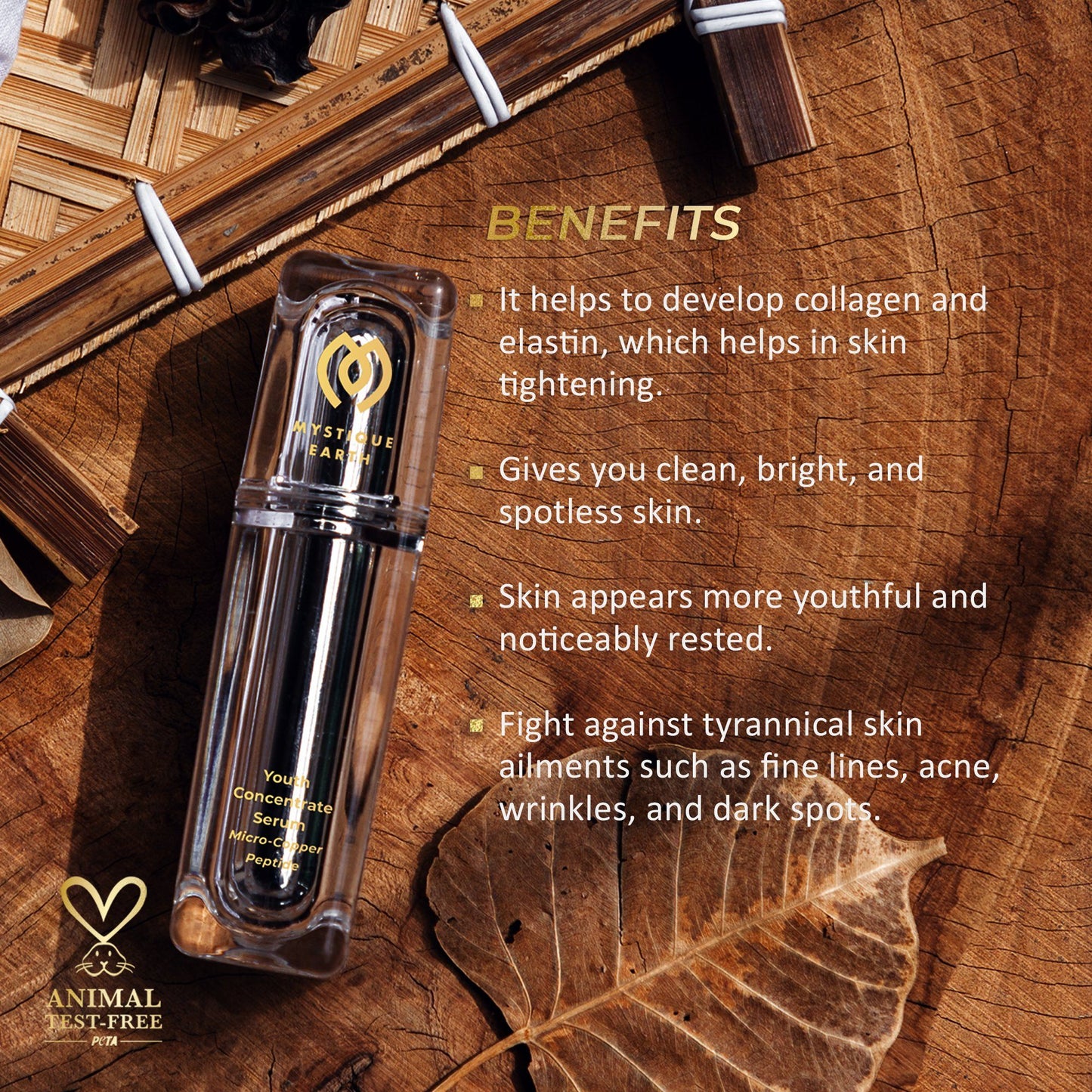
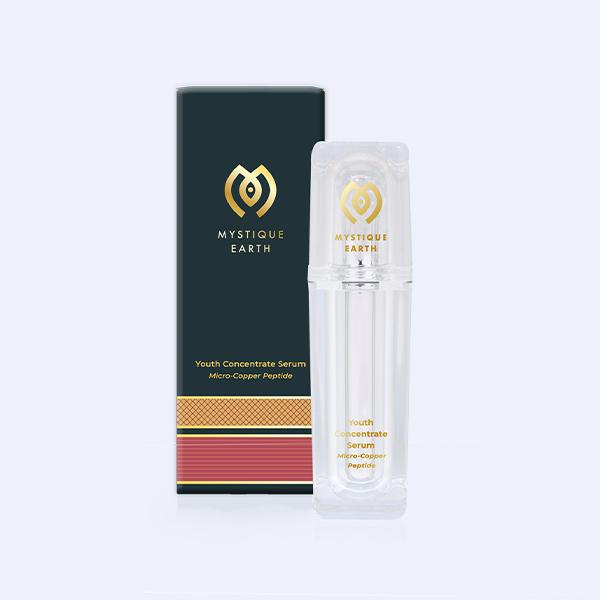
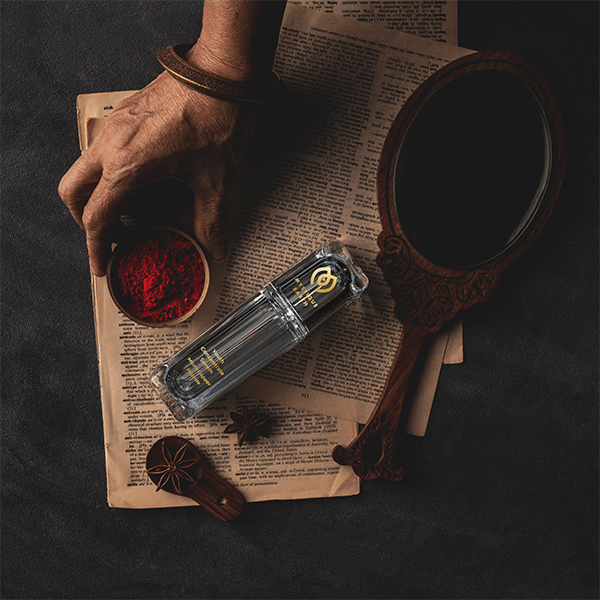
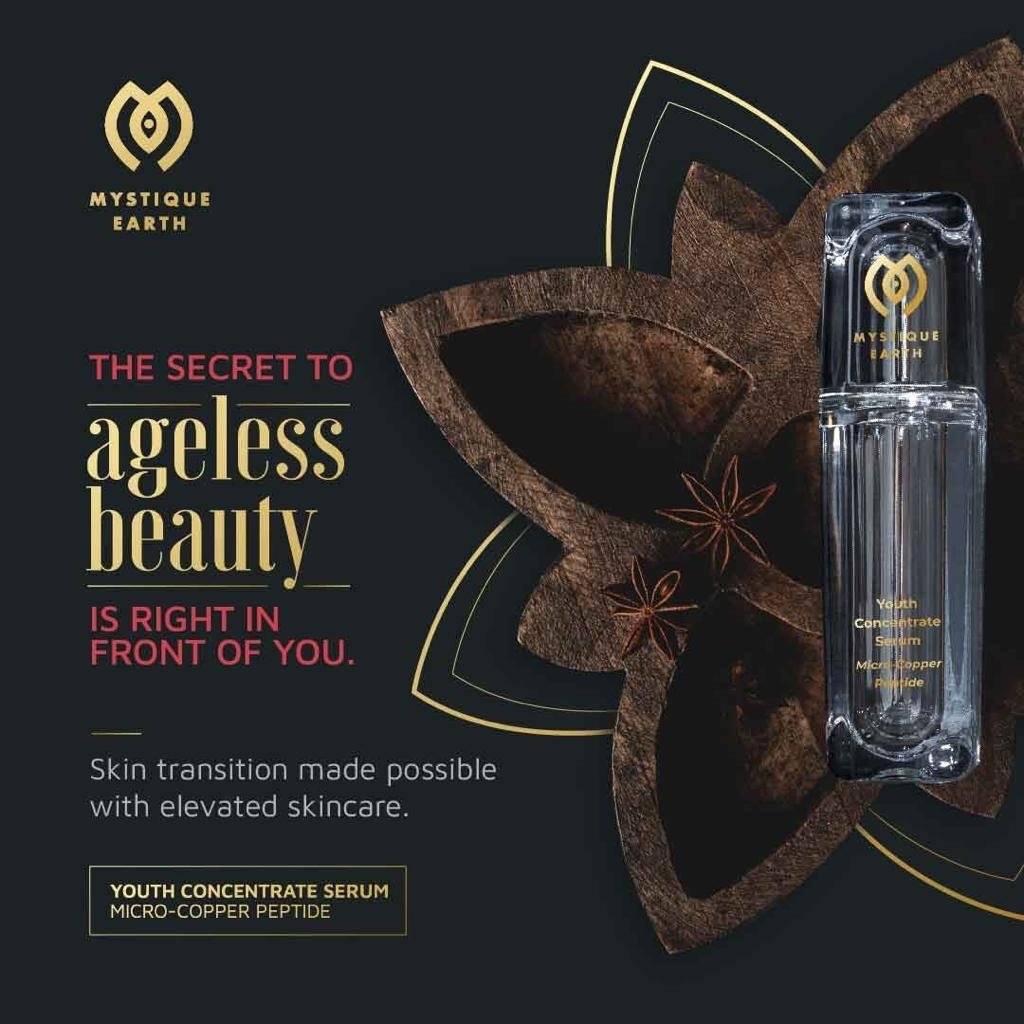
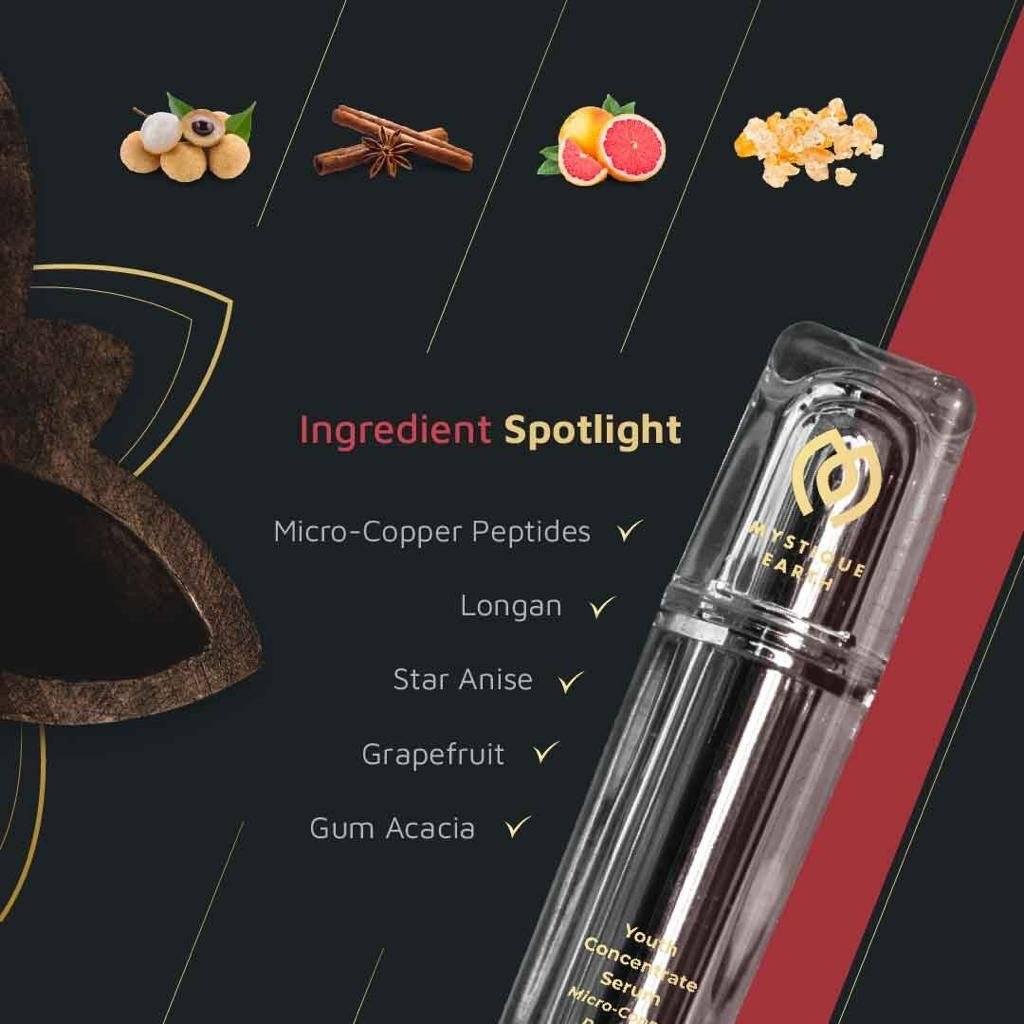
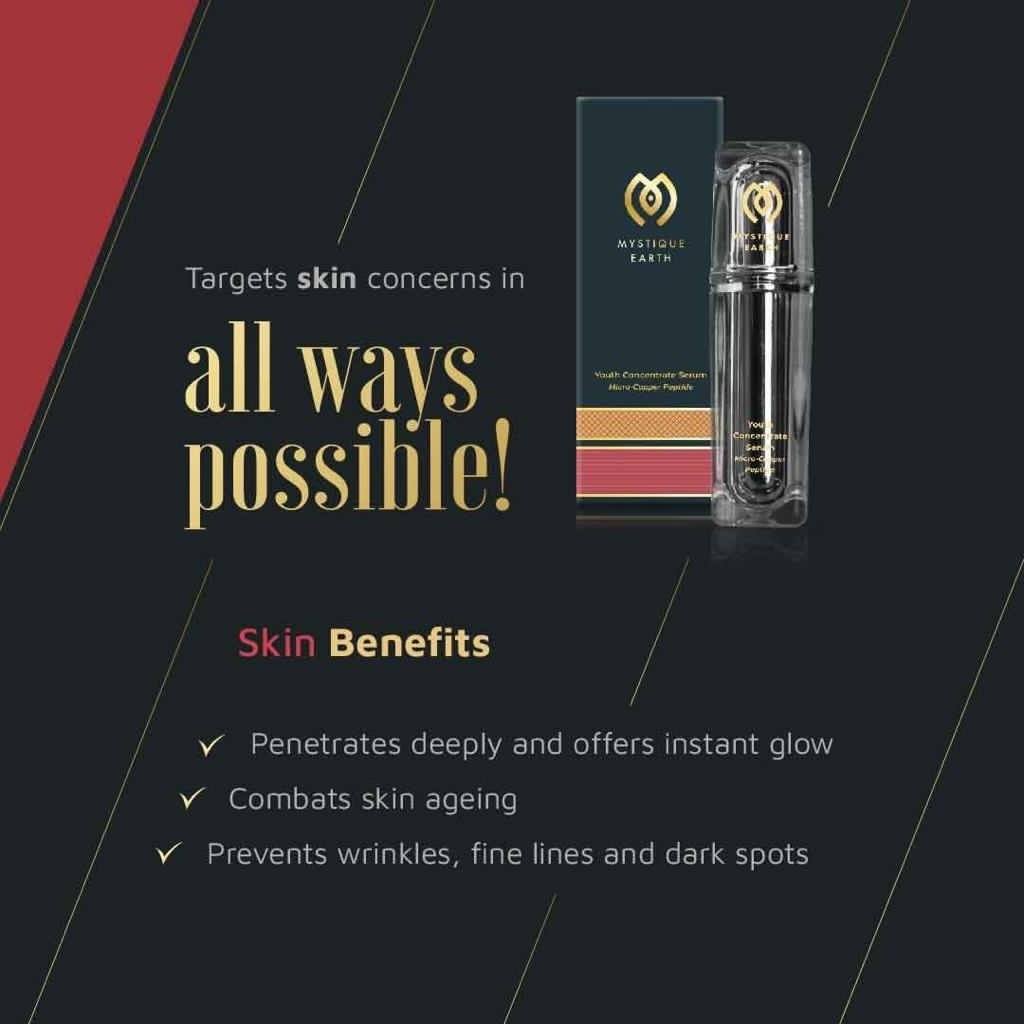
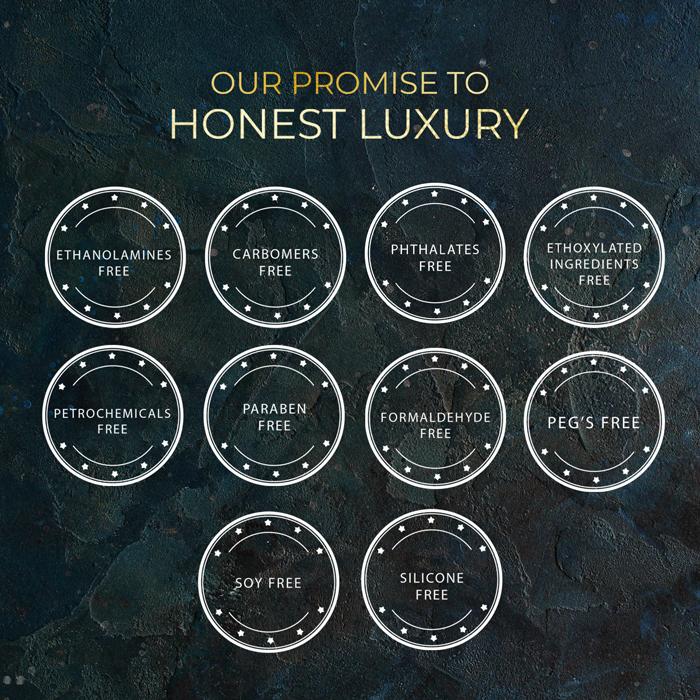
Are you facing any of these skin issues?
-
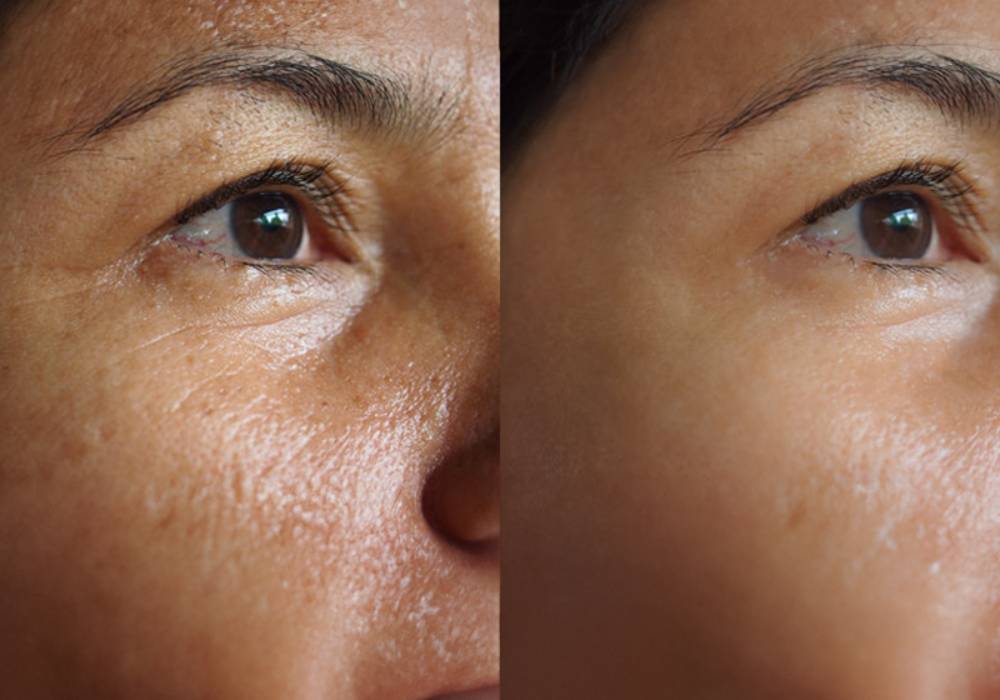
Fine lines and wrinkles
Reduce signs of aging, improve elasticity, and minimize the appearance of fine lines and wrinkles.
-
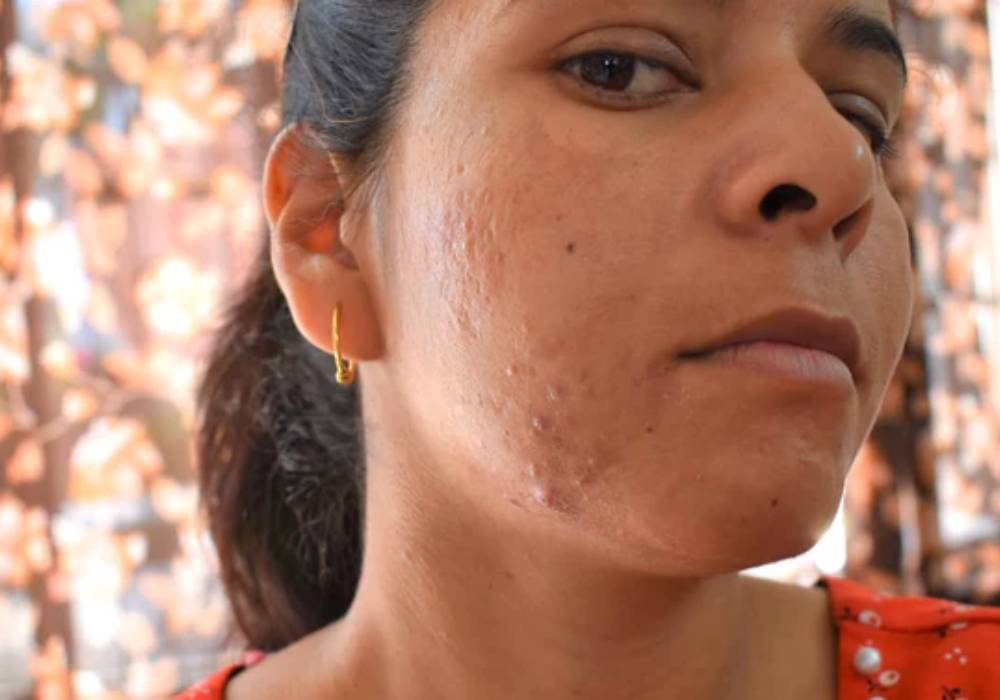
Dark spots
Even out skin tone, fade dark spots, and achieve a brighter, more radiant complexion.
-
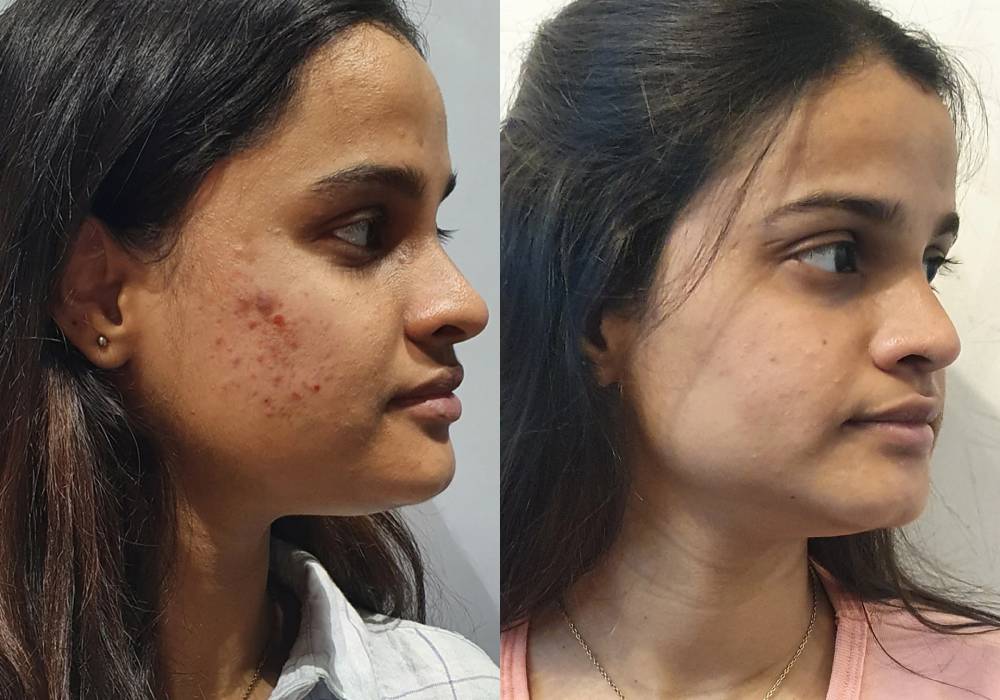
Acne
Combat breakouts, unclog pores, and reduce inflammation for clearer, smoother skin.
-

Regular sanitisation in our warehouse
-

Mandatory protective gear & thermal scanning for our teams
-

Contactless delivery via our delivery partners
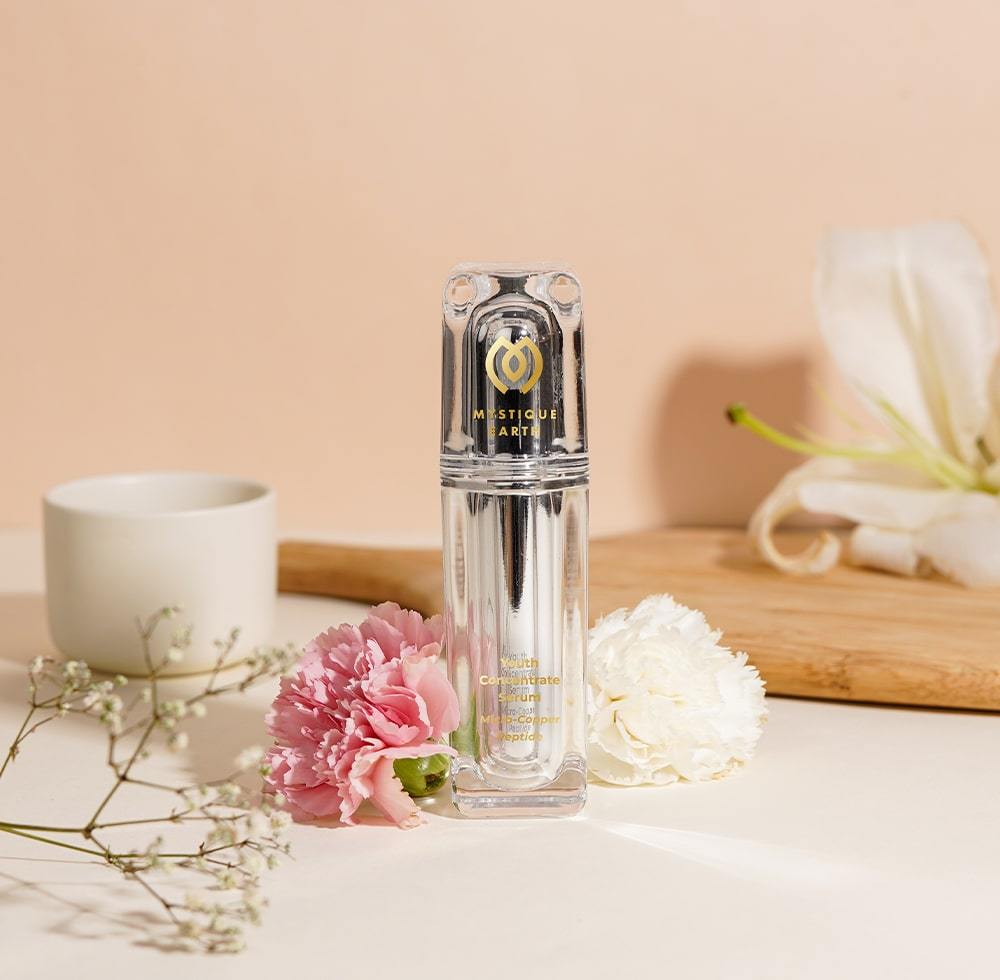
Luxurious Nature-Inspired Ingredients that Nourish your Skin
Micro Copper Peptide
- It rejuvenates the skin cells in ageing tissues.
- It tightens and tones the skin, boosting elasticity.
- It increases the protein content in skin cells.
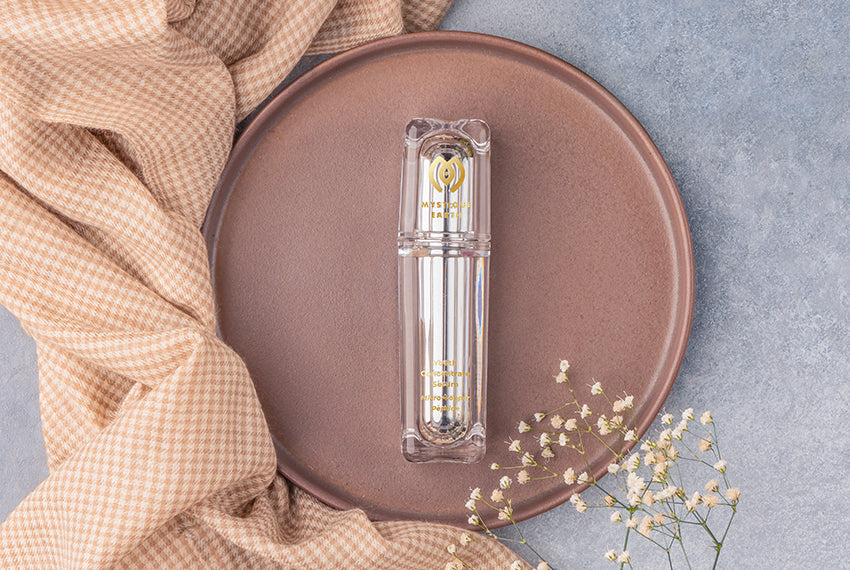
Revitalize and Rejuvenate Your Skin with Youthful Copper Peptide Serum Benefits
- Rejuvenates skin cells in aging tissue
- Boosts production of collagen and elastin
- It protects the skin against signs of ageing
- Tightens and tones the skin

Let’s be honest about all ingredients
-
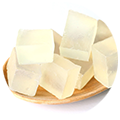
Glycerin
It acts as a natural exfoliant that promotes anti-ageing and prevents skin irritation. It moisturizes and hydrates the skin making it look younger.
-
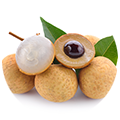
Longan Fruit
It is a potent antioxidant that gives you clean, bright, and spotless skin. Bioactive compounds like Corilagin, Gallic Acid, and Ellagic acid in Longans possess the highest free radical scavenging activity.
-
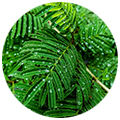
Khejri
Khejri acts as an effective astringent and demulcent, a folk remedy for various ailments. Its extracts are considered to possess anthelmintic, tonic, and refrigerant properties, which are often used to treat a variety of diseases.
-

Khadir
A potent form of antioxidants, Khadir is used for the treatment of skin diseases and works tremendously on symptoms like itching, rashes, and sensitive skin along with scavenging malicious free radicals.
-
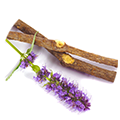
Liquorice Extract
Liquorice extract is a natural constituent for sensitive scalp. Its powerful antioxidants protect the hair from environmental stressors and balance oil, making this an ideal ingredient for those with oily scalp.
















FAQs
1. Why is copper beneficial for the skin?
Copper Peptides rejuvenates skin cells in aging tissue, boosting production of collagen and elastin. By increasing the amount available in the tissue, the skin
can regain elasticity and strength.
2. How does it work?
Copper peptides is an anti-oxidant . It have the ability to work below the epidermis. Peptides areable to help generate elastin in collagen deep within skin tissues. Copper has anti-aging effects on the skin.
3. What is the texture of the product?
It is clear and silky.
4. Should I apply when the face is wet
No, serum is applied after pat drying your face.
5. What is the beauty regime for this product?
Face wash, serum and night cream.

